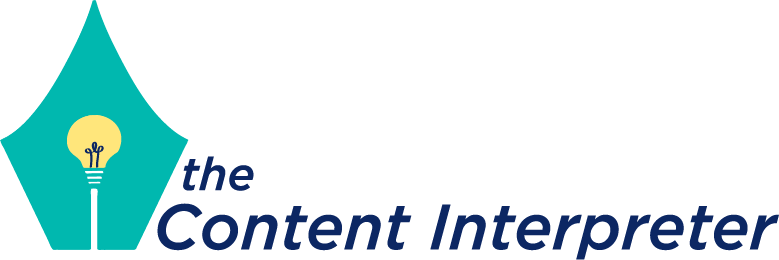I’m a big believer in the idea that, the more you relate your message to others, the more you will relate to it yourself. In addition to that, you’ll probably find that each time you tell it, it won’t be quite the same, even if you’ve said it a million times.
This is just one of the reasons that I value the networking calls I’ve had since I founded this business. During this crisis in particular, given everything that is happening, thought leaders and entrepreneurs since have been uncommonly kind and generous with their time and expertise.
These conversations also allow me to answer a question that is brimming with opportunity: “How did you get started?” Whenever I’m asked this question, I view it as an invitation. In most cases, it leads to telling people why you do what you do, which reveals greater insight and deeper meaning.
This question also has an interesting parallel in speechwriting:
“How Did I Get Started?” answers the classic dilemma in writing: “How Do I Get Started?”
My clients are often surprised at how much value comes from their own stories. The idea that, putting aside their years or decades of achievement and expertise in favor of a story in which they might appear vulnerable, seems like the last thing they’d want. But it’s actually precisely these stories that connect you with an audience.
Not unlike the relationships in your personal life, your approach with your audience tells them a lot about you. If you’re not willing to be real with them, you won’t necessarily fall flat on your face, but you will fall flat. You simply won’t be as effective as you could have been.
So, how do you use your own stories to get started? There’s no one correct answer, and the way that you use it is not one-size-fits-all. That being said, here are some guidelines as you sift through your origin story, your experiences and your takeaways:
What’s good for your beginning must be good throughout the speech
I’ve heard so many speeches start off strong with a great anecdote - for example, they use the experience of their own childhood to illustrate a key point in parenting - only to drop that theme early and never revisit it. This leaves the the audience with a feeling of unfinished business. If that doesn’t resonate with you, reflect on how frustrating it is when someone mentions something interesting in passing, and you never get a chance to ask them about it.
Work backwards - from the topic at hand, to the touchpoint in your life
My process working with clients starts with the Discovery phase, where we talk about everything that might influence what they will say on stage. We then look for insights from those conversations, but that can be difficult to do if you don’t have a #collaboratorinyourcorner.
If you are writing your own speech, try thinking about how its main ideas trace back to specific moments in your life. For example, if you’re talking about your scientific research, does that connect at all to something that happened on your childhood playground? My longstanding rule of thumb with clients is that I am always the layperson relative to their experience. We all can be better speakers by making sure that even I can get something of value your speech.
Keeping it simple keeps things simple
I’ve written before about how being on stage has the effect of slowing down or speeding up time. It also makes ideas or concepts that might be easier to grasp in other forums hard to digest.
Remember, as #authenticandaccessible as you make your speech, it is a one-to-many presentation, not a one-on-one discussion. There’s no chance for questions (except maybe at the end), and if an idea is not communicated clearly at any given moment, the chance to relate it in the same way and with proper context has vanished forever.
Therefore, if you can’t quite express an idea the way you’d like, think about how you can simplify it. A simple idea can add amazing new possibilities for the beginning of a speech - and the rest of it, too.
The beginning of your speech sets the tone for your time on stage. However, as much as it’s a starting point for you and your audience, you can make it a part of your evolution as a professional and a person.

